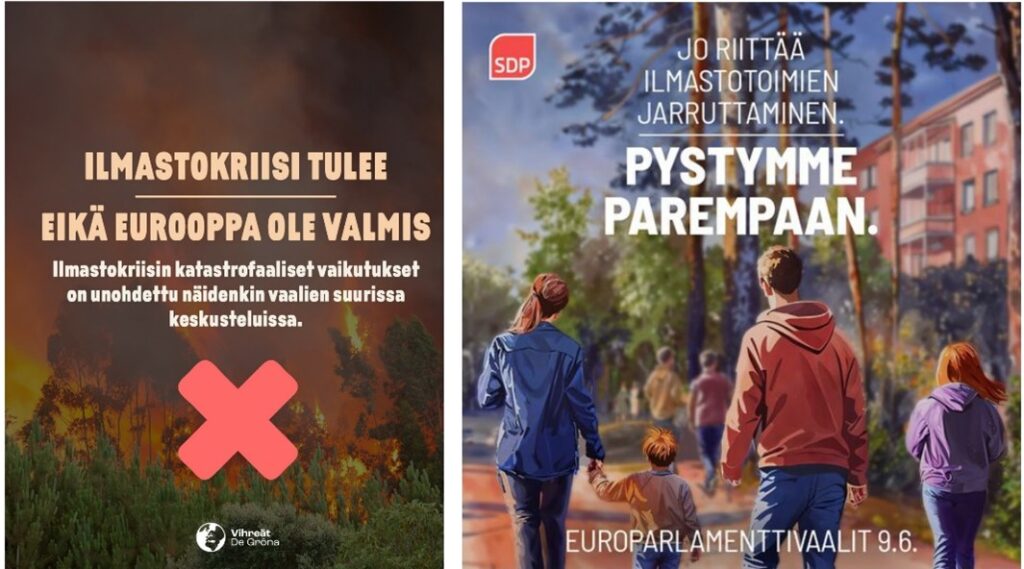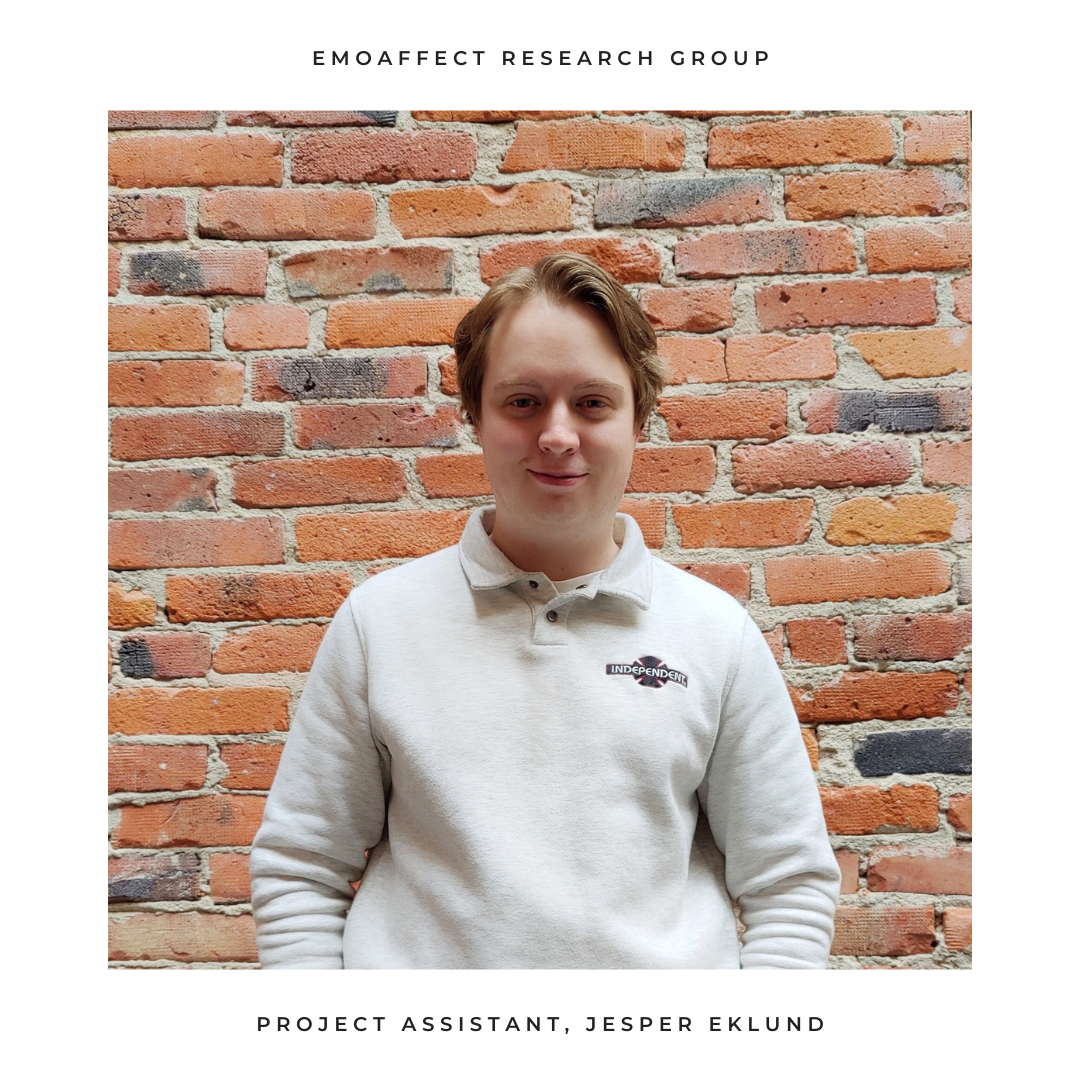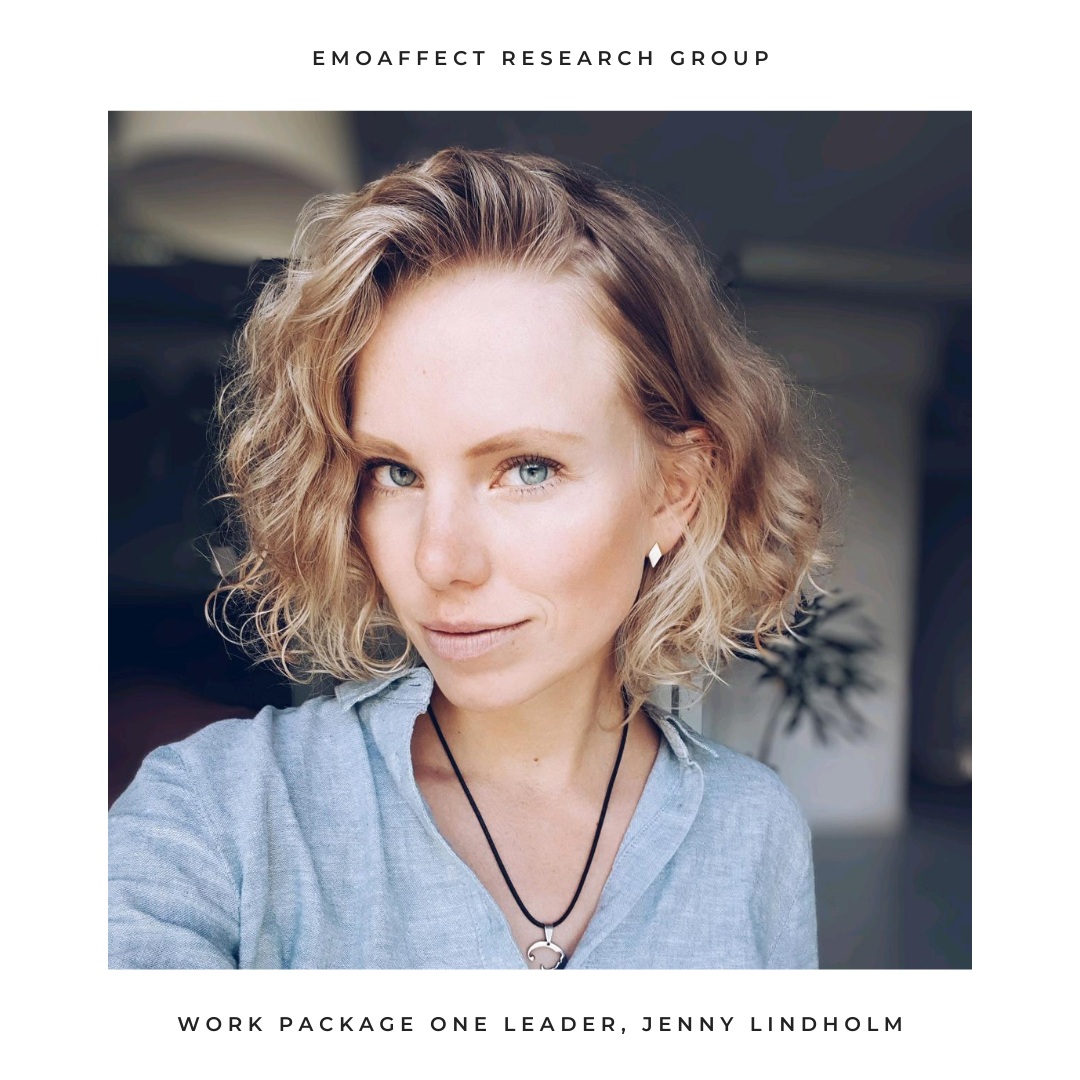Exciting news! We’re delighted to welcome Thomas Karv as the newest member of our research team! Starting in 2025, he will join us as a Project Researcher, bringing vast knowledge in political science research.
Who are you? – Thomas Karv
I am an Associate Professor in Political Science, and from January 1st, 2025, I will be on a one-year leave from my full-time position as a Senior Lecturer in Political Science at Mid Sweden University in Sundsvall, Sweden. Hence, I will spend 100% of my working hours on this project during 2025!
Current research interests also include European integration, political representation, anti-establishment attitudes and democratic innovations.
What is your role in this project?
I will conduct research related to the research aim of work package 2, together with work package leader Marina Lindell. This includes conducting a survey experiment on framing effects during the spring of 2025, which we will then use as data for producing new and exciting research related to the broader research field of affective polarization!
What do you find interesting about the research of emotions and/or affective polarization?
Even if affective polarization has been something of a “buzzword” within political science research during approximately the last five years, there are still a lot of unanswered questions to be explored. Moreover, from a societal perspective, I am quite alarmed about the broader development occurring right in front of us concerning how difficult it has become for people to understand the rationale behind other perspectives than their own, including a growing unwillingness to even try. This is most definitely a direct side-effect of social media, making it even more urgent to conduct the type of research which we are doing within this project.
What do you do in your spare time?
I have been a football player all my life, currently running around kicking and screaming on the midfield of a local fourth-division club here in Vasa, ABC. It should also be noted that I support and follow the great Manchester United Football Club to an unhealthy extent. Concerning our results the last years, it has been far from happy times at the Karv-residency.
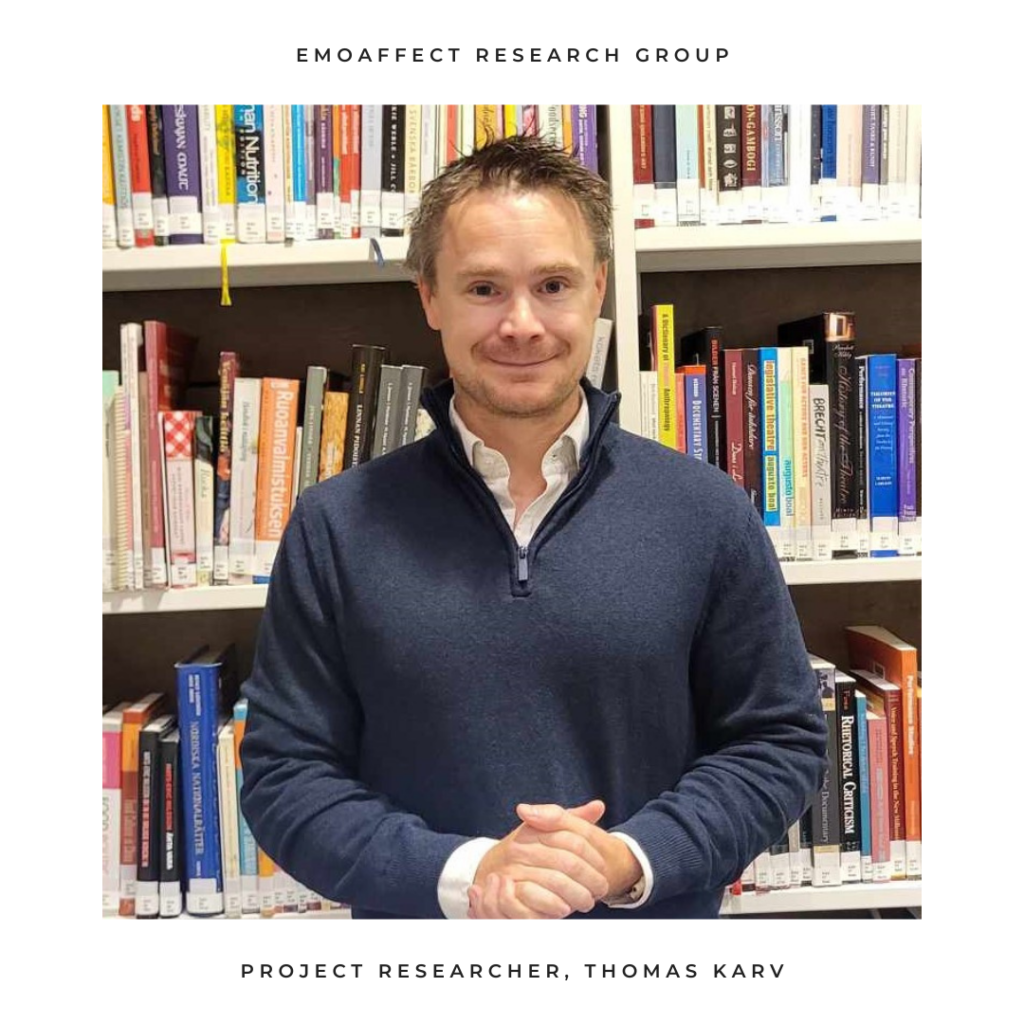
The research project “EmoAffect” takes on the task of studying how emotional reactions drive affective polarization and focuses on which emotions that are crucial drivers. The project is funded by the Research Council of Finland and carried out at Åbo Akademi University.
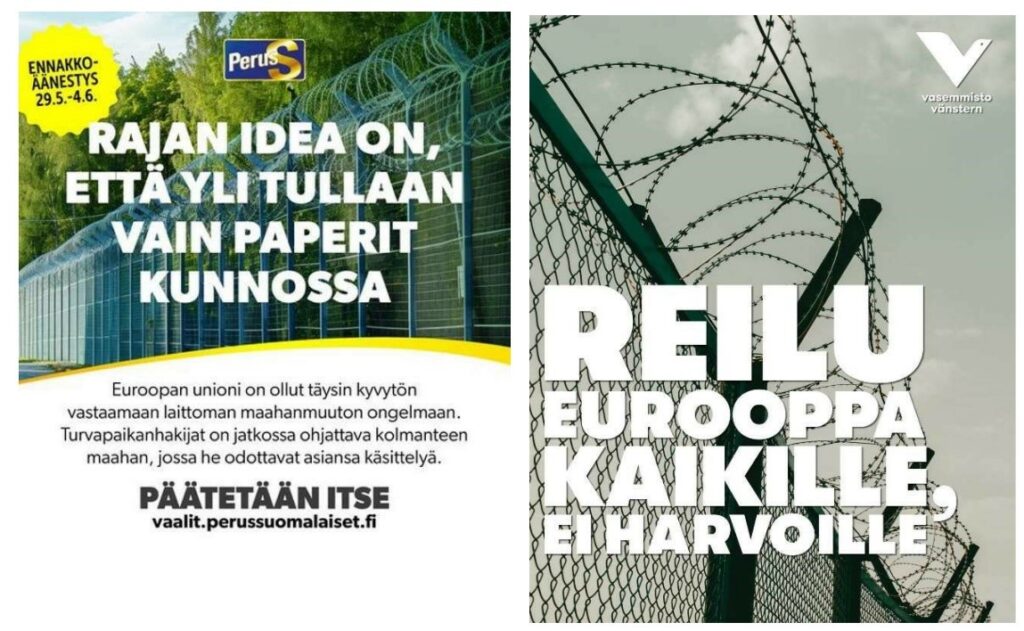 Sources:
Sources: 